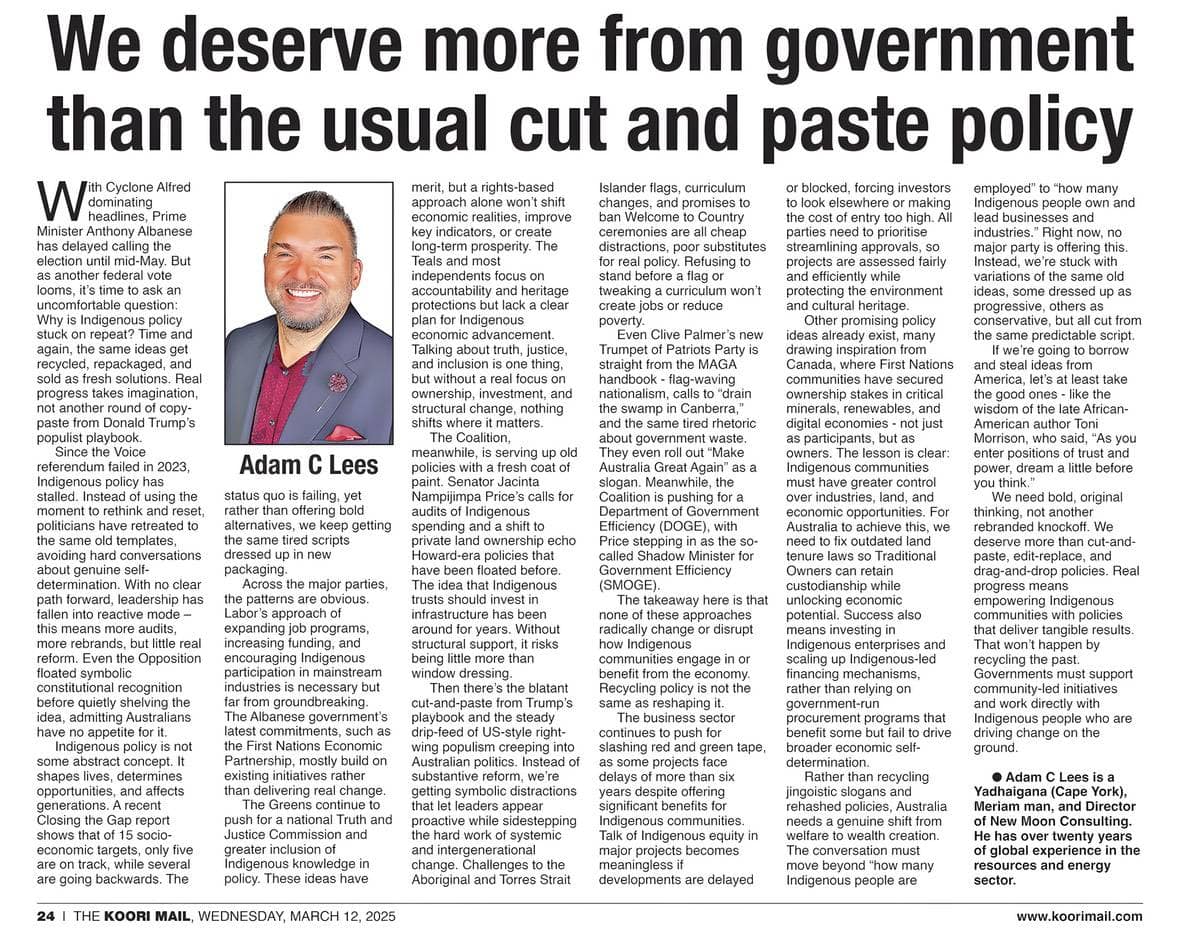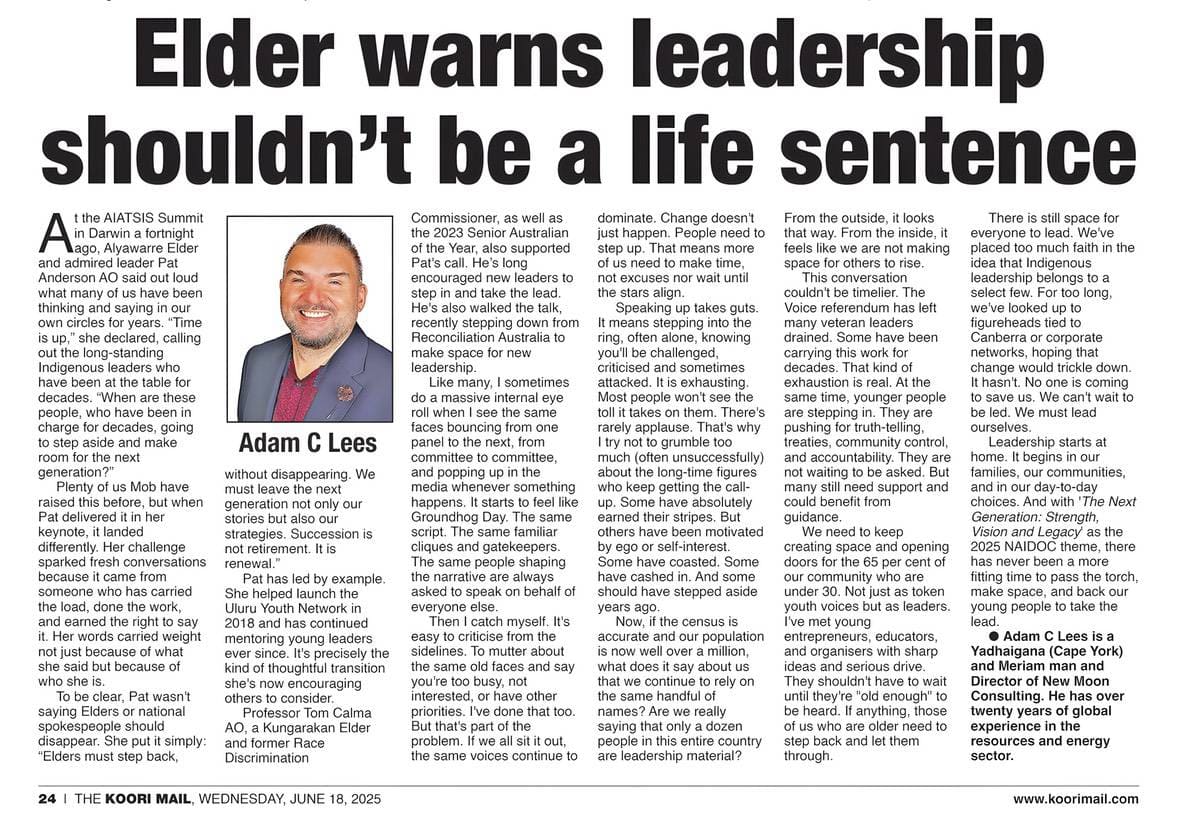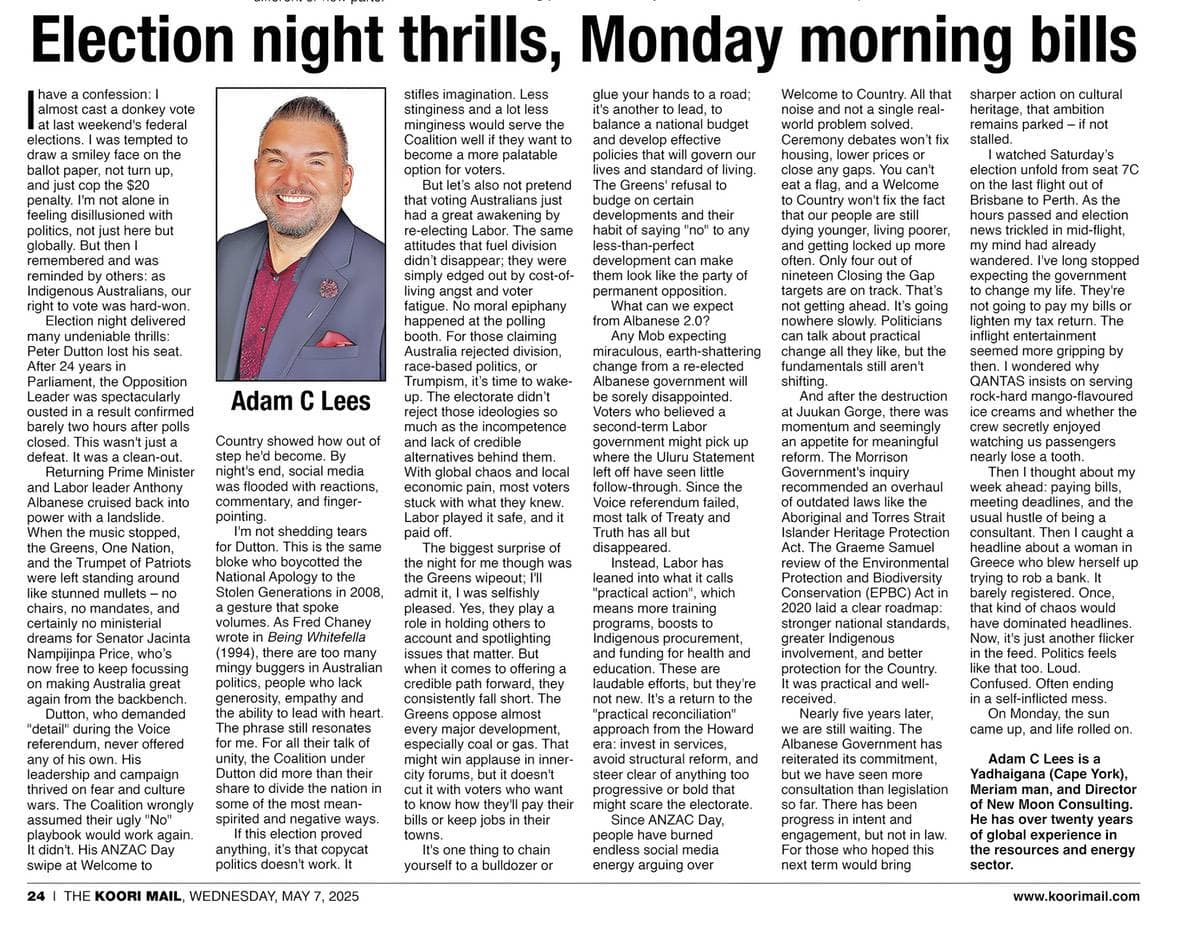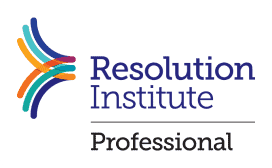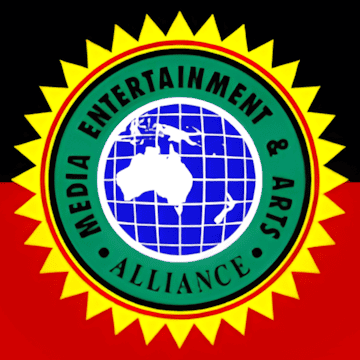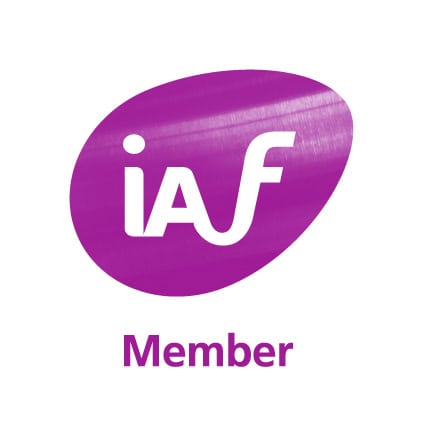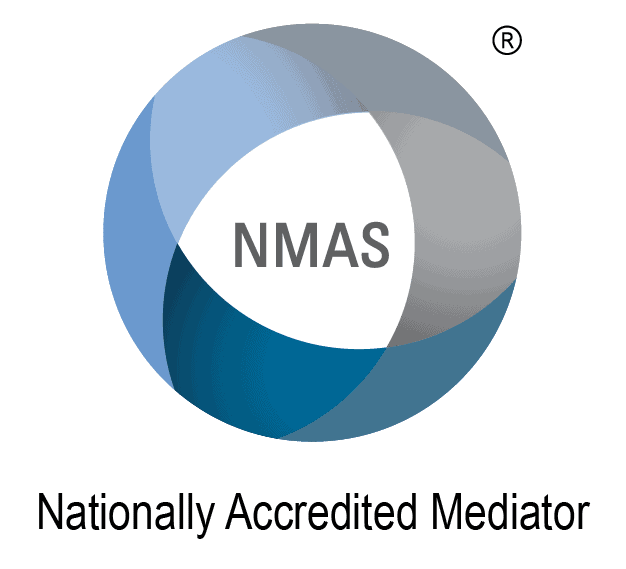With Cyclone Alfred dominating headlines, Prime Minister Anthony Albanese has delayed calling the election until mid-May. But as another federal vote looms, it’s time to ask an uncomfortable question: Why is Indigenous policy stuck on repeat? Time and again, the same ideas get recycled, repackaged, and sold as fresh solutions. Real progress takes imagination, not another round of copy-paste from Donald Trump’s populist playbook.
Since the Voice referendum failed in 2023, Indigenous policy has stalled. Instead of using the moment to rethink and reset, politicians have retreated to the same old templates, avoiding hard conversations about genuine self-determination. With no clear path forward, leadership has fallen into reactive mode – this means more audits, more rebrands, but little real reform. Even the Opposition floated symbolic constitutional recognition before quietly shelving the idea, admitting Australians have no appetite for it.
Indigenous policy is not some abstract concept. It shapes lives, determines opportunities, and affects generations. A recent Closing the Gap report shows that of 15 socio-economic targets, only five are on track, while several are going backwards. The status quo is failing, yet rather than offering bold alternatives, we keep getting the same tired scripts dressed up in new packaging.
Across the major parties, the patterns are obvious. Labor’s approach of expanding job programs, increasing funding, and encouraging Indigenous participation in mainstream industries is necessary but far from groundbreaking. The Albanese government’s latest commitments, such as the First Nations Economic Partnership, mostly build on existing initiatives rather than delivering real change.
The Greens continue to push for a national Truth and Justice Commission and greater inclusion of Indigenous knowledge in policy. These ideas have merit, but a rights-based approach alone won’t shift economic realities, improve key indicators, or create long-term prosperity. The Teals and most independents focus on accountability and heritage protections but lack a clear plan for Indigenous economic advancement. Talking about truth, justice, and inclusion is one thing, but without a real focus on ownership, investment, and structural change, nothing shifts where it matters.
The Coalition, meanwhile, is serving up old policies with a fresh coat of paint. Senator Jacinta Nampijimpa Price’s calls for audits of Indigenous spending and a shift to private land ownership echo Howard-era policies that have been floated before. The idea that Indigenous trusts should invest in infrastructure has been around for years. Without structural support, it risks being little more than window dressing.
Then there’s the blatant cut-and-paste from Trump’s playbook and the steady drip-feed of US-style right-wing populism creeping into Australian politics. Instead of substantive reform, we’re getting symbolic distractions that let leaders appear proactive while sidestepping the hard work of systemic and intergenerational change. Challenges to the Aboriginal and Torres Strait Islander flags, curriculum changes, and promises to ban Welcome to Country ceremonies are all cheap distractions, poor substitutes for real policy. Refusing to stand before a flag or tweaking a curriculum won’t create jobs or reduce poverty.
Even Clive Palmer’s new Trumpet of Patriots Party is straight from the MAGA handbook – flag-waving nationalism, calls to “drain the swamp in Canberra,” and the same tired rhetoric about government waste. They even roll out “Make Australia Great Again” as a slogan. Meanwhile, the Coalition is pushing for a Department of Government Efficiency (DOGE), with Price stepping in as the so-called Shadow Minister for Government Efficiency (SMOGE).
The takeaway here is that none of these approaches radically change or disrupt how Indigenous communities engage in or benefit from the economy. Recycling policy is not the same as reshaping it.
The business sector continues to push for slashing red and green tape, as some projects face delays of more than six years despite offering significant benefits for Indigenous communities. Talk of Indigenous equity in major projects becomes meaningless if developments are delayed or blocked, forcing investors to look elsewhere or making the cost of entry too high. All parties need to prioritise streamlining approvals, so projects are assessed fairly and efficiently while protecting the environment and cultural heritage.
Other promising policy ideas already exist, many drawing inspiration from Canada, where First Nations communities have secured ownership stakes in critical minerals, renewables, and digital economies – not just as participants, but as owners. The lesson is clear: Indigenous communities must have greater control over industries, land, and economic opportunities. For Australia to achieve this, we need to fix outdated land tenure laws so Traditional Owners can retain custodianship while unlocking economic potential. Success also means investing in Indigenous enterprises and scaling up Indigenous-led financing mechanisms, rather than relying on government-run procurement programs that benefit some but fail to drive broader economic self-determination.
Rather than recycling jingoistic slogans and rehashed policies, Australia needs a genuine shift from welfare to wealth creation. The conversation must move beyond “how many Indigenous people are employed” to “how many Indigenous people own and lead businesses and industries.” Right now, no major party is offering this. Instead, we’re stuck with variations of the same old ideas, some dressed up as progressive, others as conservative, but all cut from the same predictable script.
If we’re going to borrow and steal ideas from America, let’s at least take the good ones – like the wisdom of the late African-American author Toni Morrison, who said, “As you enter positions of trust and power, dream a little before you think.”
We need bold, original thinking, not another rebranded knockoff. We deserve more than cut-and-paste, edit-replace, and drag-and-drop policies. Real progress means empowering Indigenous communities with policies that deliver tangible results. That won’t happen by recycling the past. Governments must support community-led initiatives and work directly with Indigenous people who are driving change on the ground.
Adam C Lees is a Yadhaigana (Cape York), Meriam man, and Director of New Moon Consulting. He has over twenty years of global experience in the resources and energy sector.
